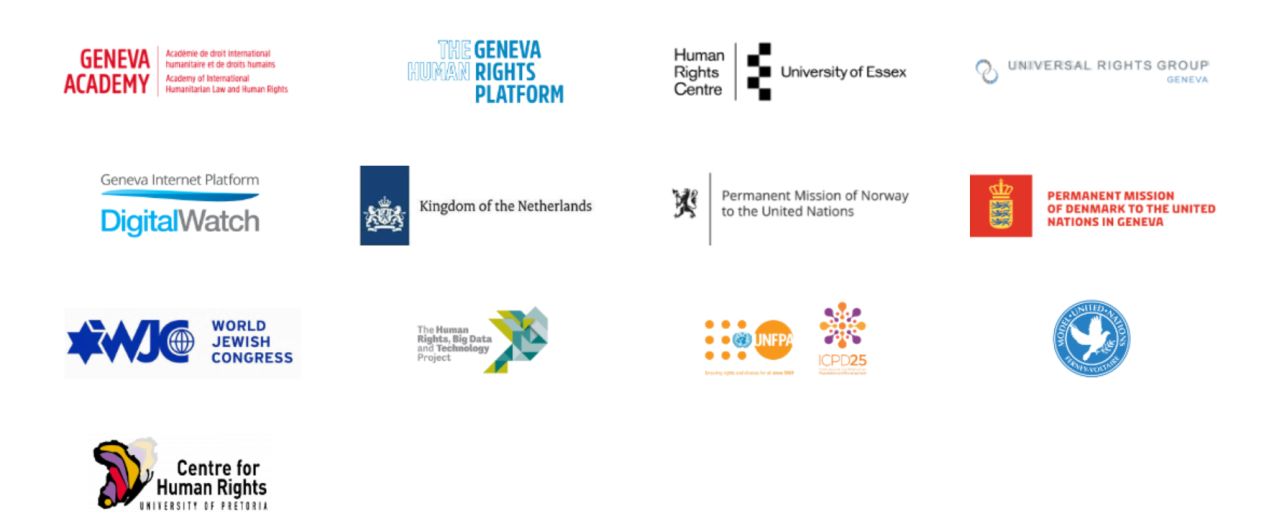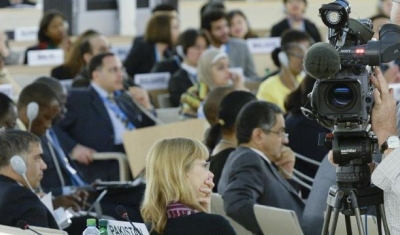Protecting the Rights of Older Persons During the COVID-19 Pandemic
Right On


Diplo Foundation
The elderly are amongst the most affected groups by COVID-19. Not only do they face a higher threat to their rights to life and health, but also prevention and response-related decisions can deepen their social isolation. Unless their voices and views are taken into account, their ability to exercise their autonomy and rights might be compromised.
The social perception that COVID-19 is a disease that impacts the elderly exacerbates negative stereotypes about older persons who may be viewed as weak, unimportant and a burden on society. Such age-based discrimination may manifest in the provision of services because the treatment of older persons may be perceived as less important than the treatment of younger generations. Stigma and discrimination can be further aggravated in a context where older persons have been frequently overlooked in development and humanitarian strategies, and in their funding.
Considering the higher risks confronted by older persons in the COVID-19 pandemic, development and humanitarian strategies must explicitly identify and consider their needs, challenges and strengths at all levels and in all settings.
Join us online to discuss the protection of the rights of older persons during the COVID-19 pandemic.
Moderator
- Alfonso Barragues, Deputy Director, UNFPA’s Liaison Office in Geneva
Panelists
- Nena Georgantzi, Policy Coordinator Human Rights and Non-Discrimination, AGE Platform Europe
- Rio Hada, Office of the UN High Commissioner for Human Rights
- Claudia Mahler, Independent Expert on the enjoyment of all human rights by older persons
- Silvia Perel-Levin, Chair, NGO Committee on Ageing in Geneva and Representative to the UN, International Network for the Prevention of Elder Abuse (INPEA)
- Bridget Sleap, Senior Rights Policy Adviser, HelpAge International
Registration
To join the discussion, you need to register here.
‘Right On’: The Wednesday Web Chat
‘Right On’ is a new digital initiative – co-organized by the Geneva Academy, the Geneva Human Rights Platform, the Geneva Internet Platform, the DiploFoundation, the Universal Right Group, the Human Rights Centre at the University of Essex, as well as the Permanent Missions of Denmark, Norway and the Netherlands to the United Nations in Geneva – that will keep the human rights dialogue going during these COVID-19 times.
Every Wednesday at 15:00, experts and practitioners will discuss key human rights issues related to the current health crisis.
Video
Right On: Protecting the Rights of Older Persons During the COVID-19 Pandemic
In this online event of the ‘Right On’ digital initiative, panelists discussed the eldery during COVID-19 and how the disease exacerbates negative stereotypes about older persons who may be viewed as weak, unimportant and a burden on society.











